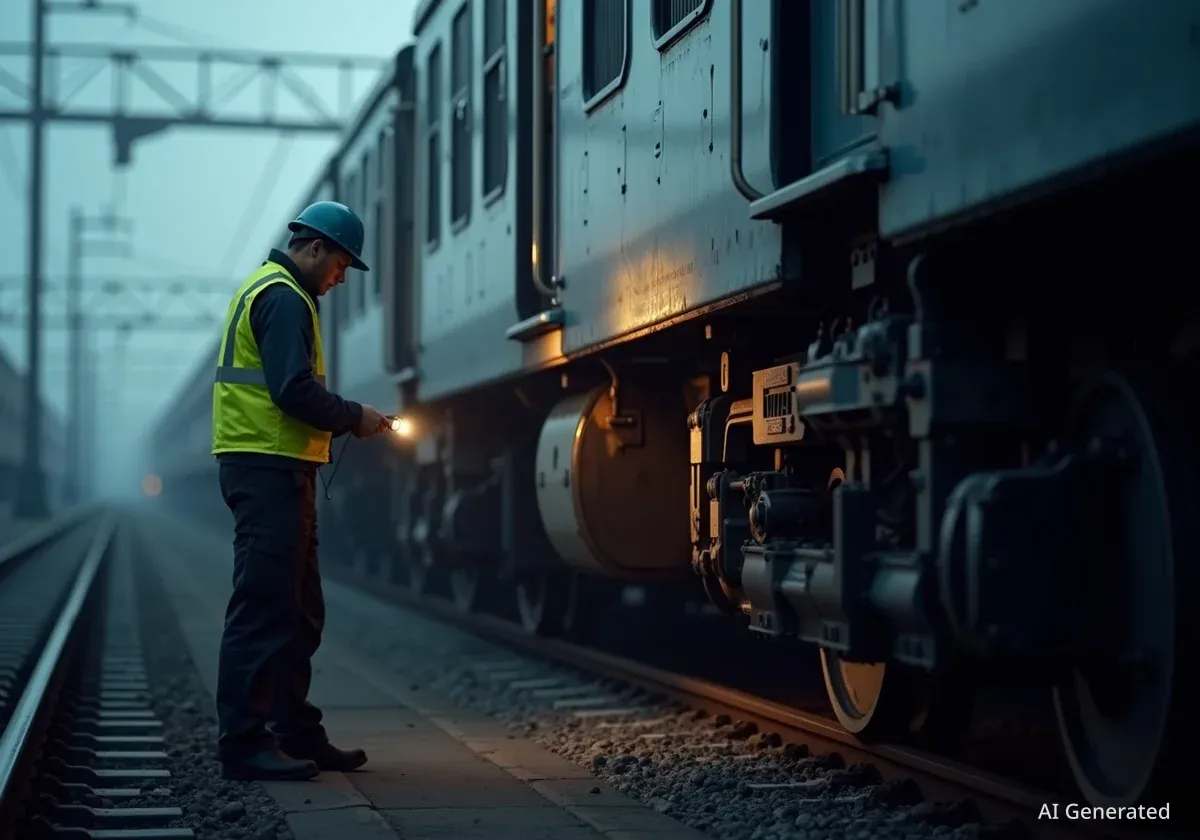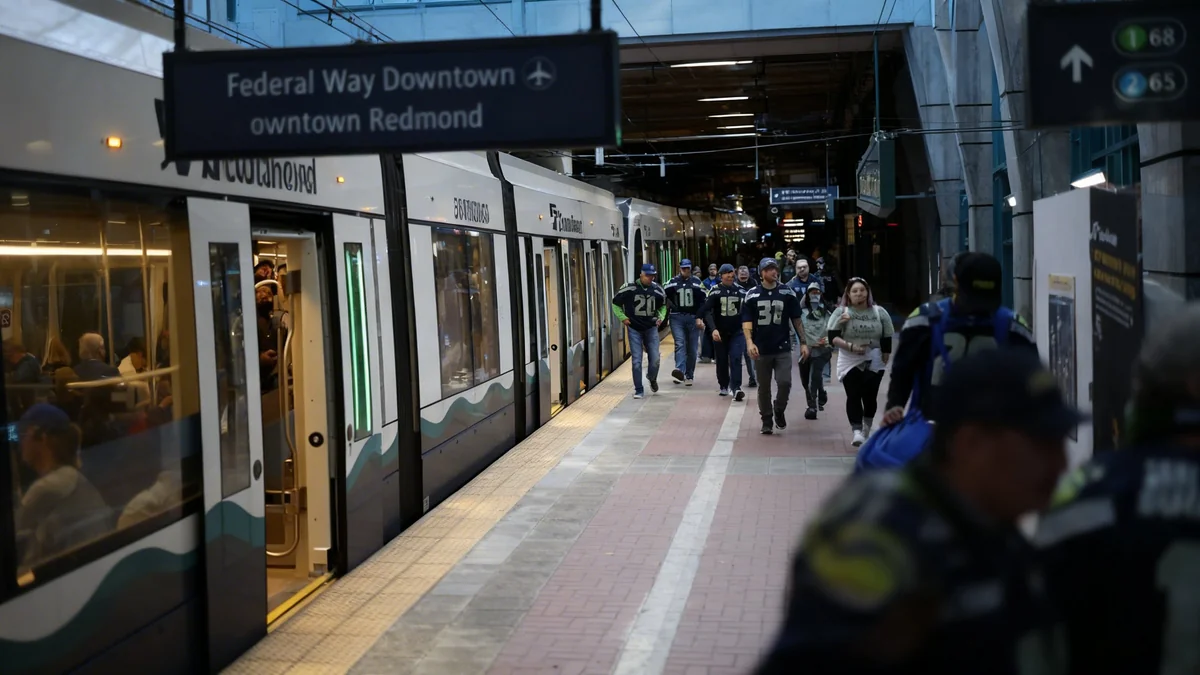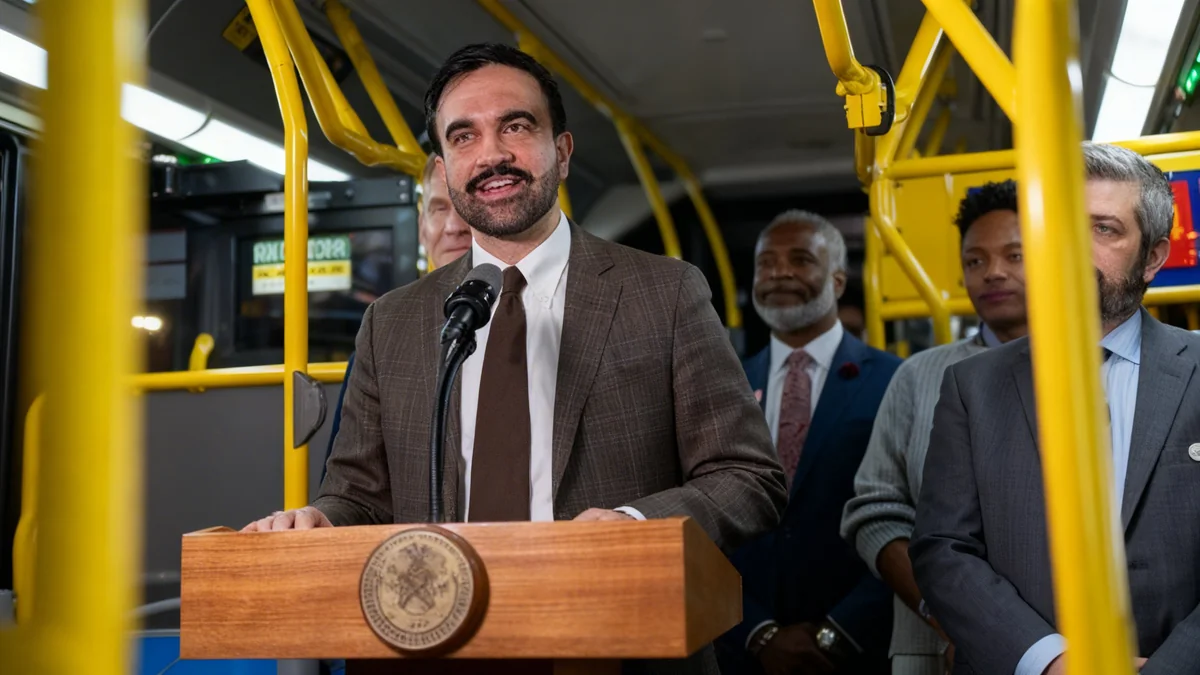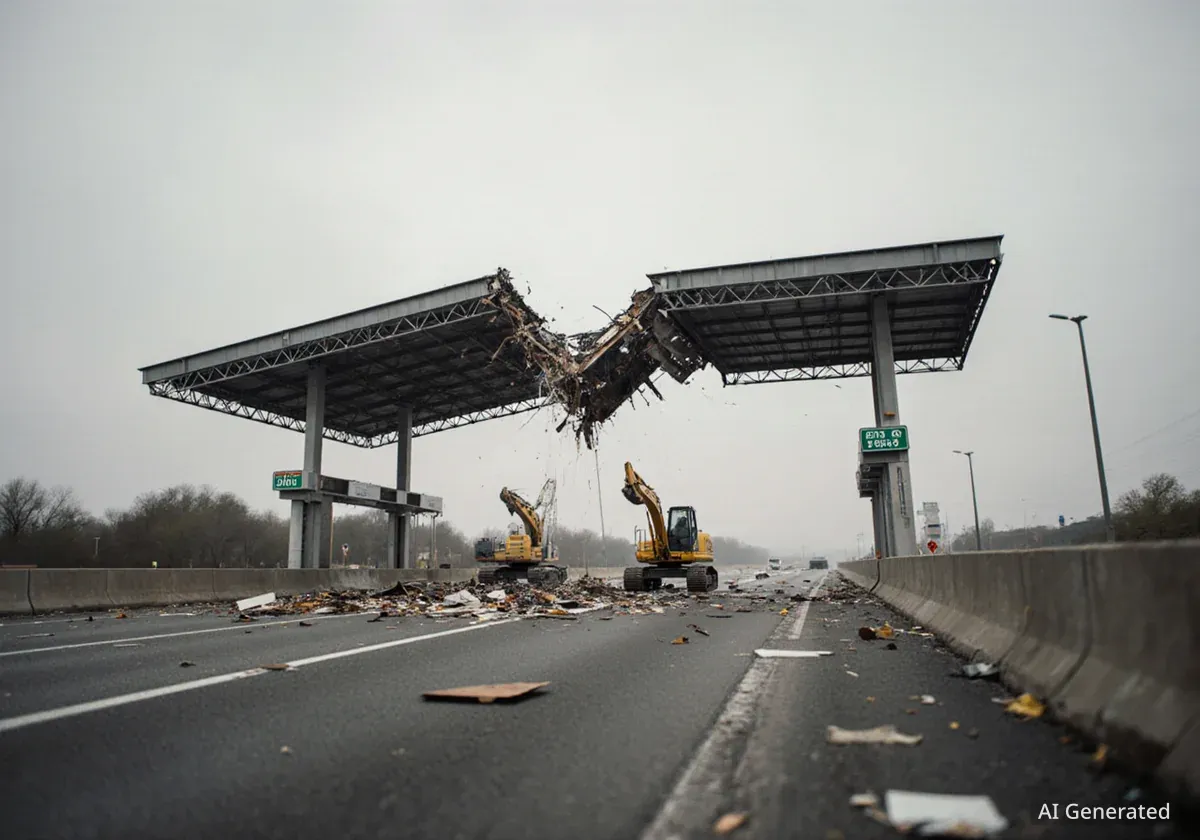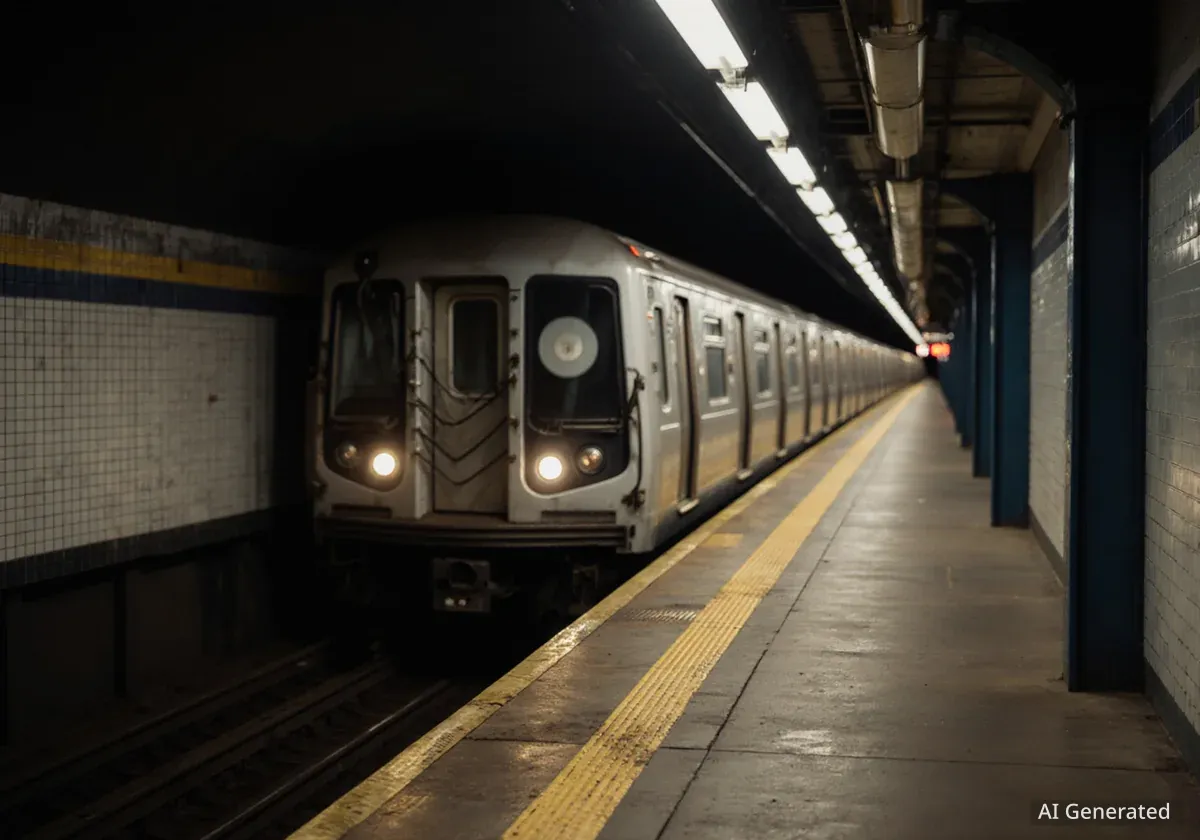Philadelphia's SEPTA transportation system is currently conducting intensive safety inspections on its entire fleet of 225 Silverliner IV Regional Rail cars. This action follows a series of train fires that occurred this year. The inspections are a direct response to federal orders aimed at enhancing safety across the rail network.
Key Takeaways
- SEPTA is inspecting all 225 Silverliner IV railcars within 30 days due to federal orders.
- The enhanced inspections are expected to continue indefinitely, becoming a 'new reality.'
- The long-term solution involves replacing the fleet, estimated to cost $2 billion over a decade.
- SEPTA is exploring shorter-term options like buying or leasing cars from other carriers.
- Increased vigilance by engineers is leading to more cars being pulled from service.
Enhanced Inspections Underway at Overbrook Facility
The Overbrook Maintenance Facility, one of four Regional Rail shops, is a central hub for these critical safety checks. Teams are performing what SEPTA describes as "enhanced" inspections. These rigorous checks are mandated by federal authorities after multiple fire incidents on Regional Rail trains in recent months.
The goal is to complete inspections on all 225 Silverliner IV cars within a 30-day timeframe. This intensive schedule requires additional personnel to participate in the inspection process.
"We're having other people who normally don't do the inspection, do the inspection, so that allows us to want to have a different set of eyes on the car," said Greg Buzby, SEPTA's manager of Regional Rail vehicle engineering.
This approach aims to bring fresh perspectives to identifying potential issues. Initial progress has been steady but slow, with approximately 10 to 12 cars completed at the start of the program, according to SEPTA General Manager Scott Sauer.
Fact Check
- Fleet Size: SEPTA operates 225 Silverliner IV railcars.
- Inspection Deadline: All cars must be inspected within 30 days.
- Inspection Location: Overbrook Maintenance Facility is one of four sites.
Ongoing Challenges and Long-Term Solutions
Despite the current enhanced inspections, officials acknowledge that a complete resolution remains distant. The National Transportation Safety Board (NTSB) and SEPTA have both struggled to identify the precise root cause of the fires. This lack of a definitive cause means the problem is unlikely to disappear after the initial inspection period.
SEPTA General Manager Scott Sauer stated that these enhanced inspections will likely become a permanent fixture for the Silverliner IV fleet.
"We have to do these enhanced inspections, probably for the remainder of the time we hold these cars," Sauer explained. "So this probably is our new reality, that we're just going to have to find a way to get these cars through this inspection process more often."
Fleet Replacement Plans
The ultimate solution to the ongoing issues is to replace the entire Silverliner IV fleet. However, this is a significant undertaking with substantial financial implications. SEPTA estimates the procurement cost for a new fleet to be around $2 billion. Such a replacement project would also take approximately ten years to complete from start to finish.
Background Information
The Silverliner IV cars have been a workhorse for SEPTA's Regional Rail network for many years. The recent string of fires prompted the NTSB to issue an urgent safety warning to SEPTA, highlighting the risks associated with these railcars. This warning directly led to the federal mandate for enhanced inspections.
Seeking Interim Alternatives
Given the long timeline and high cost of a full fleet replacement, SEPTA is actively exploring more immediate and cost-effective alternatives. These options include purchasing or leasing railcars from other transportation carriers. The goal is to improve service reliability for customers in the short to medium term.
Sauer emphasized, "We're going to try and get this fleet as reliable as we can, so that customers don't have to expect 10 years of what they're seeing this week. We have to get it better than what it is, so we're going to look at every avenue to repair and make this fleet reliable for the duration that we need to use it, and look for options on how we can replace the fleet as quickly as we can."
This proactive search aims to mitigate the impact on riders while a permanent solution is developed and funded.
Impact on Riders and Government Support
The increased safety measures have led to a temporary reduction in available trains, causing delays and overcrowding for commuters. SEPTA officials understand the difficulties riders are experiencing. They assure the public that these measures are necessary to ensure 100% safety.
Engineers are now urged to report even the smallest issues, leading to more cars being removed from service for inspection or repair. This heightened sensitivity, while disruptive, is part of the commitment to safety.
Service Impact
- Riders are experiencing delays and overcrowded trains.
- More cars are being pulled from service due to increased reporting by engineers.
- SEPTA states these actions are necessary for 100% train safety.
Pennsylvania Governor Josh Shapiro has also addressed the situation. He pledged his support to SEPTA in finding a resolution.
"I can tell you that I am working closely with SEPTA to figure out a solution to this. I will not leave them hanging," Governor Shapiro stated during an event.
Sauer anticipates that as staff become more efficient with the enhanced inspection process, service reliability should improve and become more predictable for passengers. The current delays are a direct consequence of prioritizing passenger safety above all else.
"We're not going to let anything get out there that isn't 100% safe, which is exactly why you're seeing the car shortages you're seeing. We're not going to risk something bad happening in the interest of making sure we get service out," Sauer concluded.

